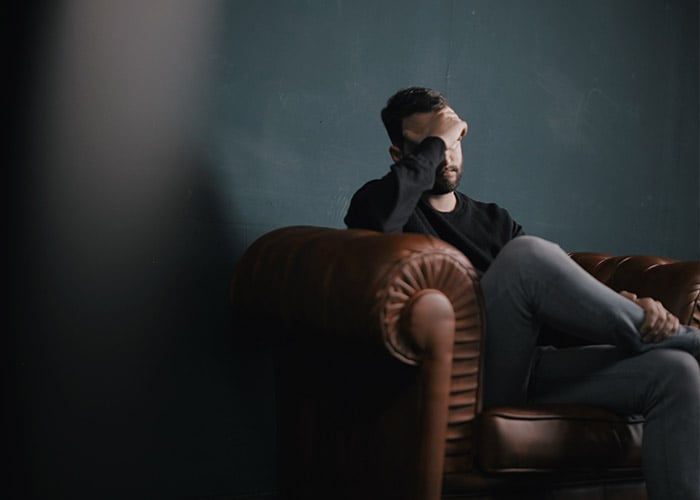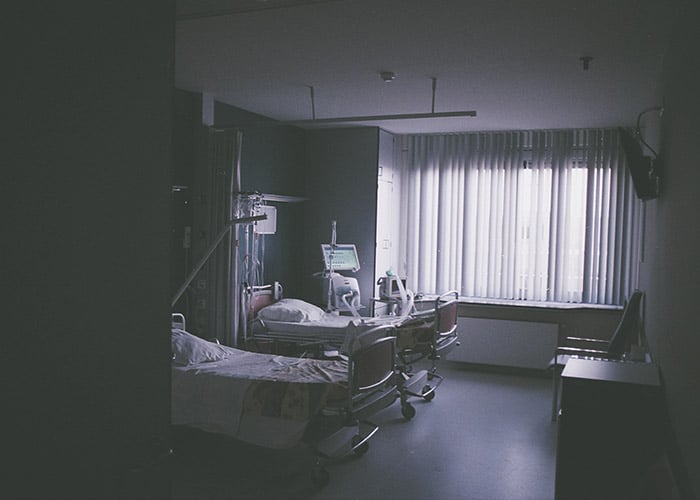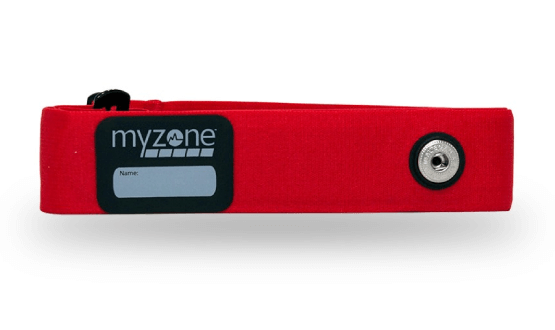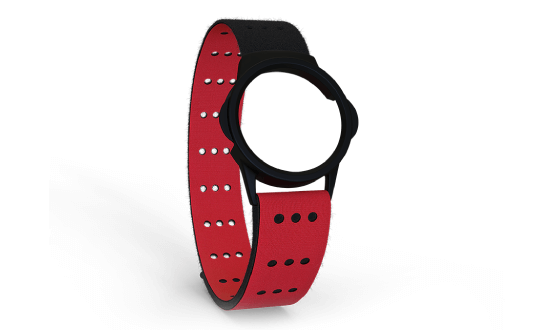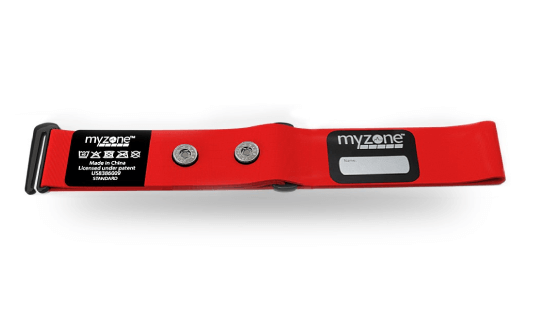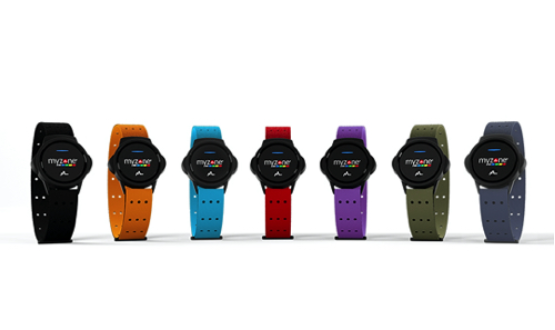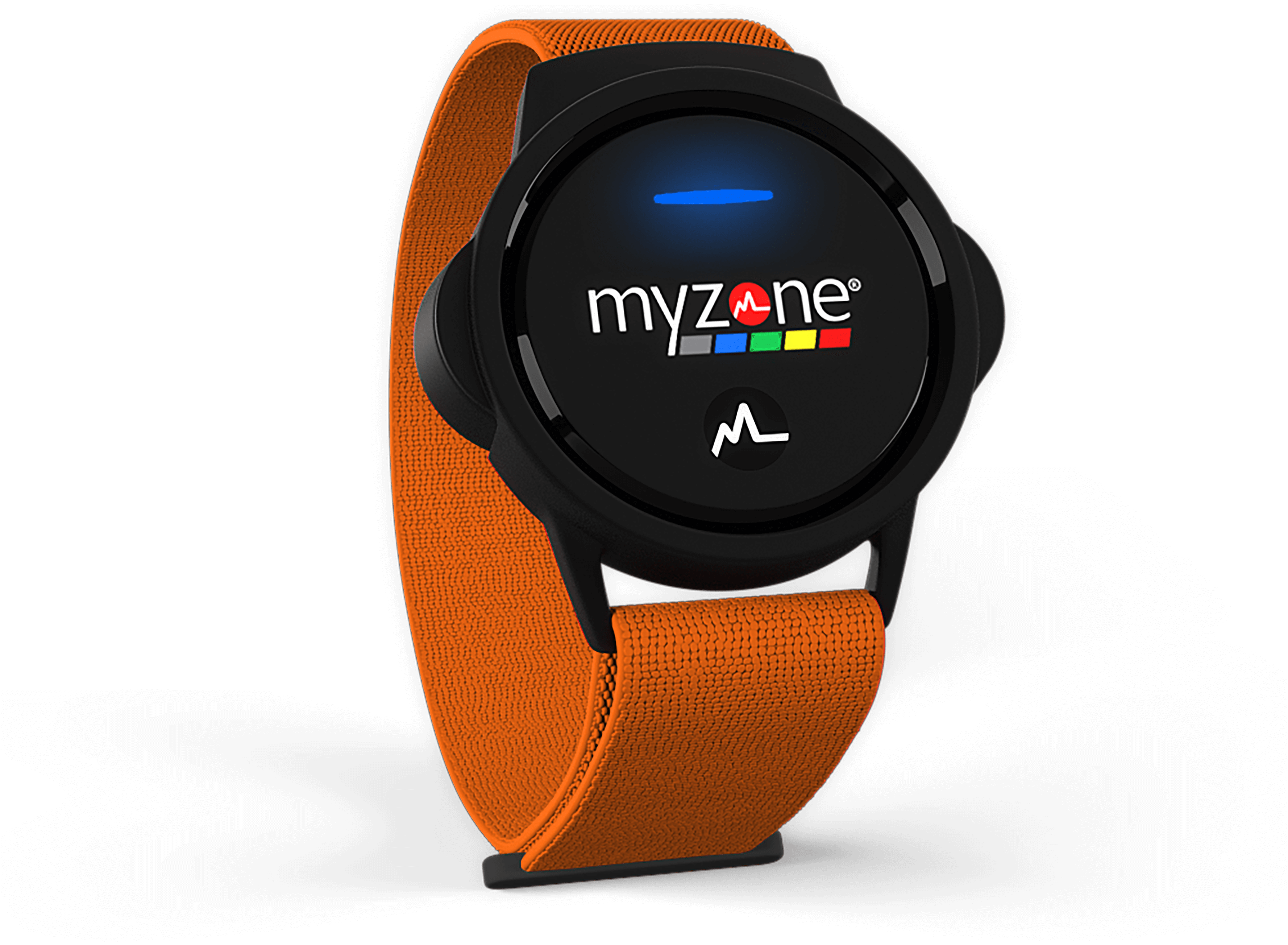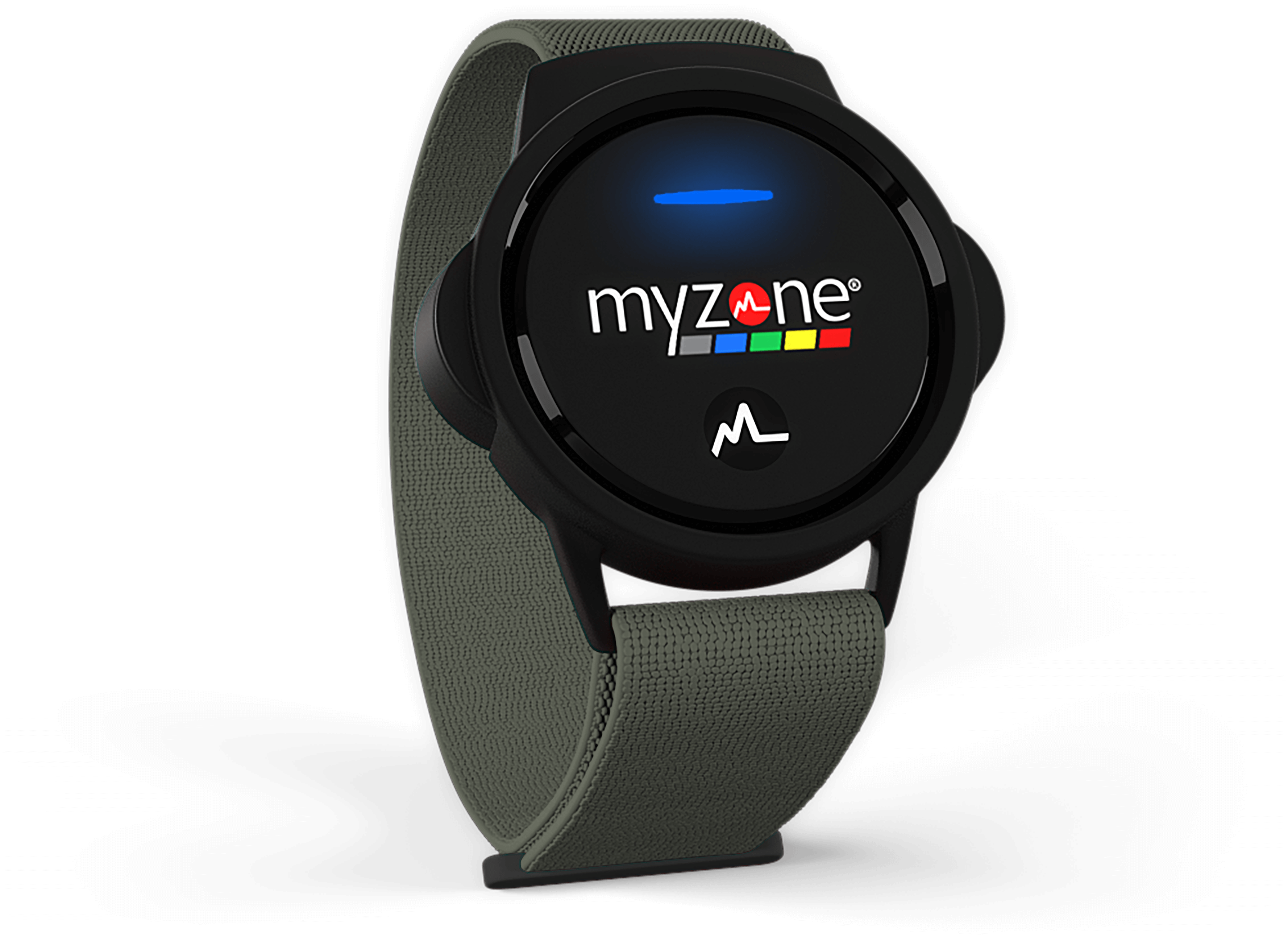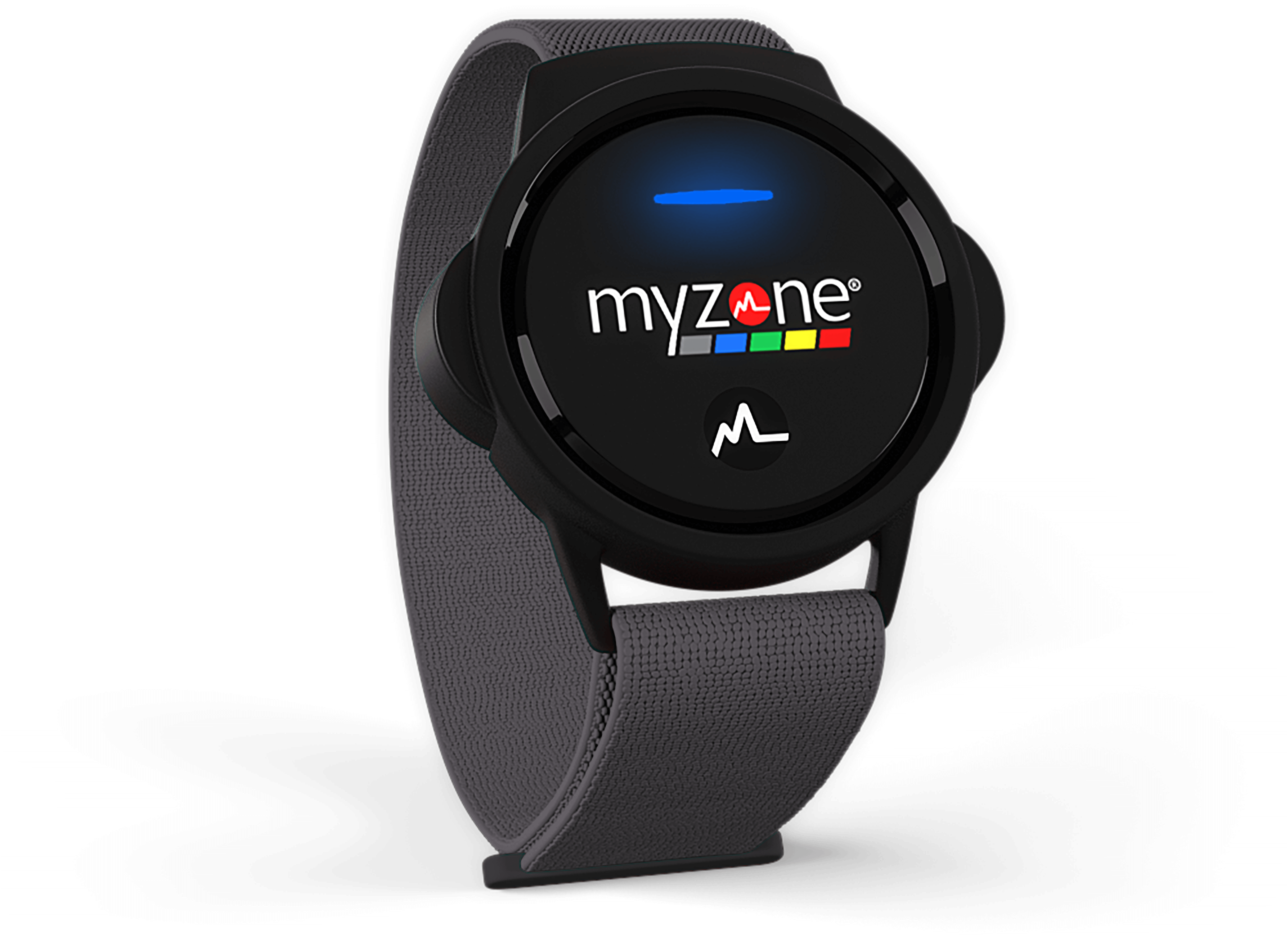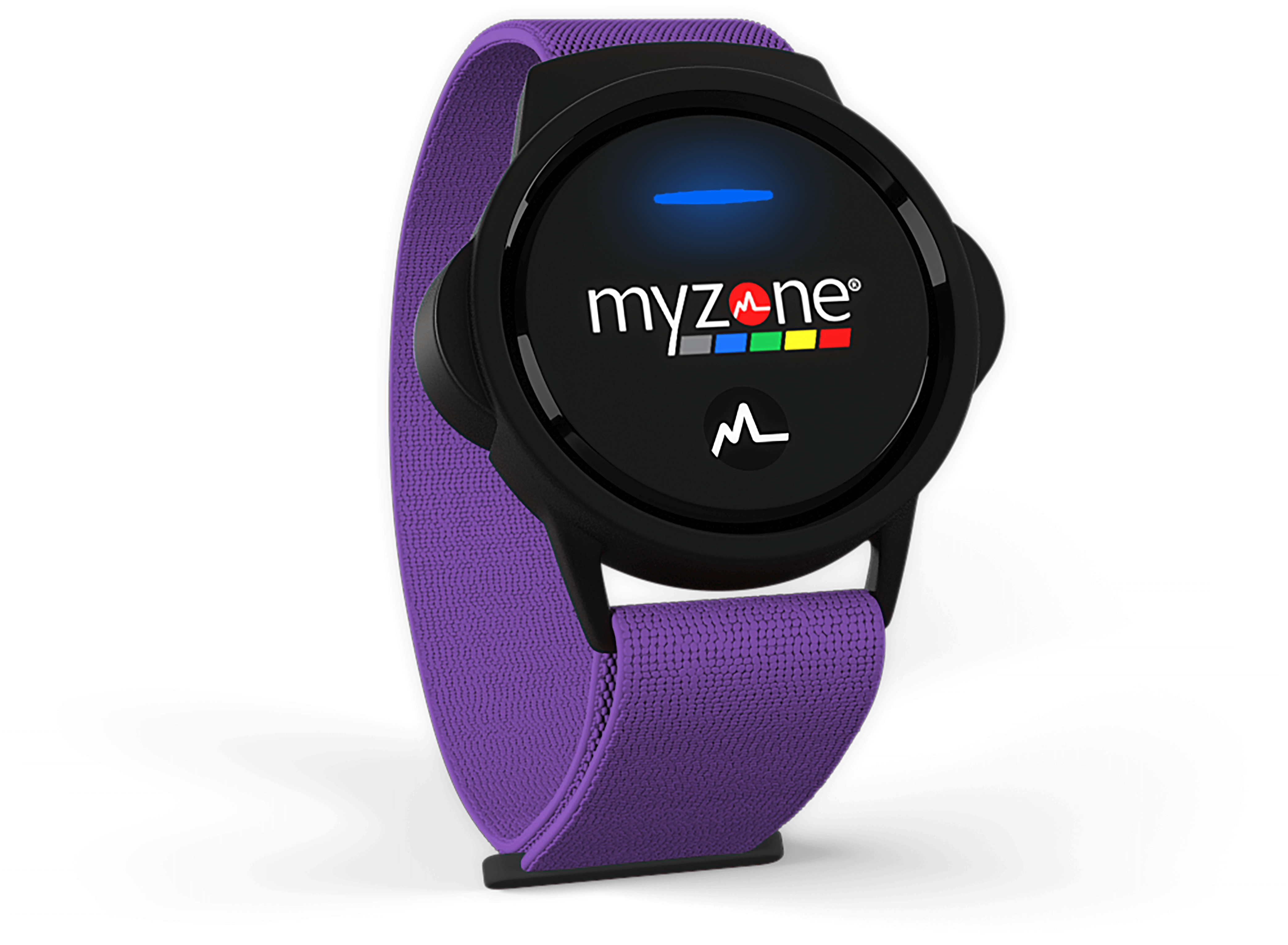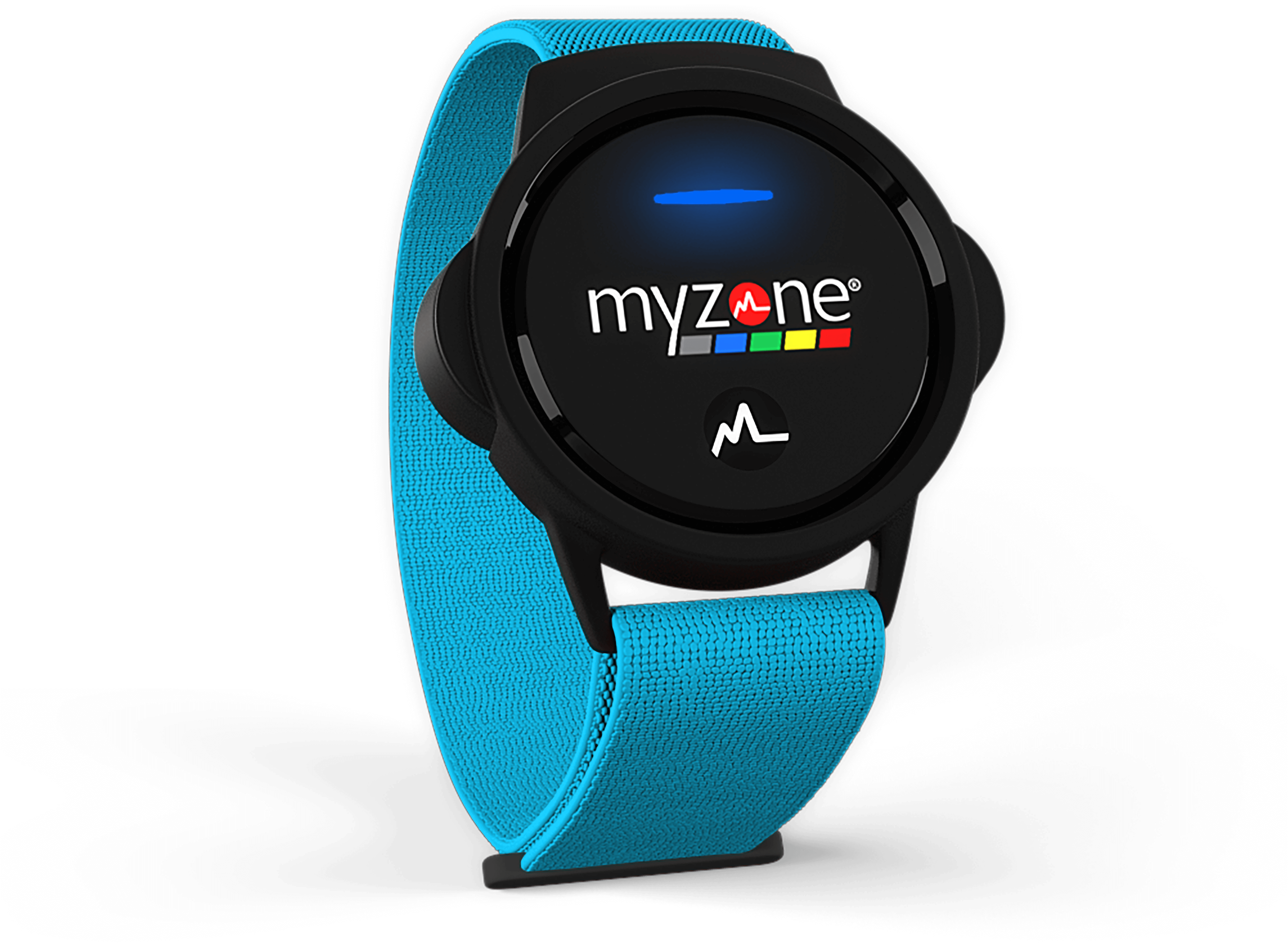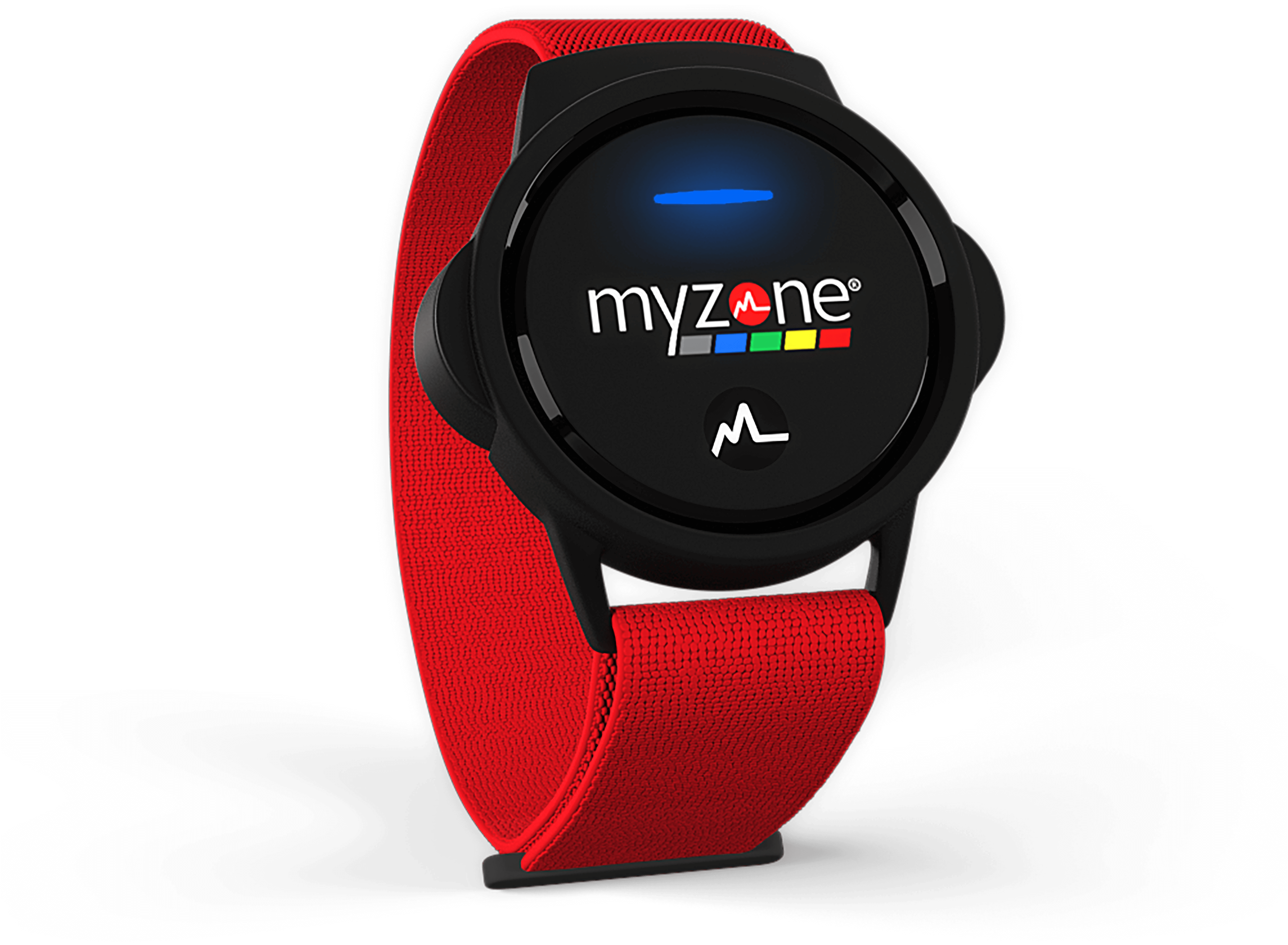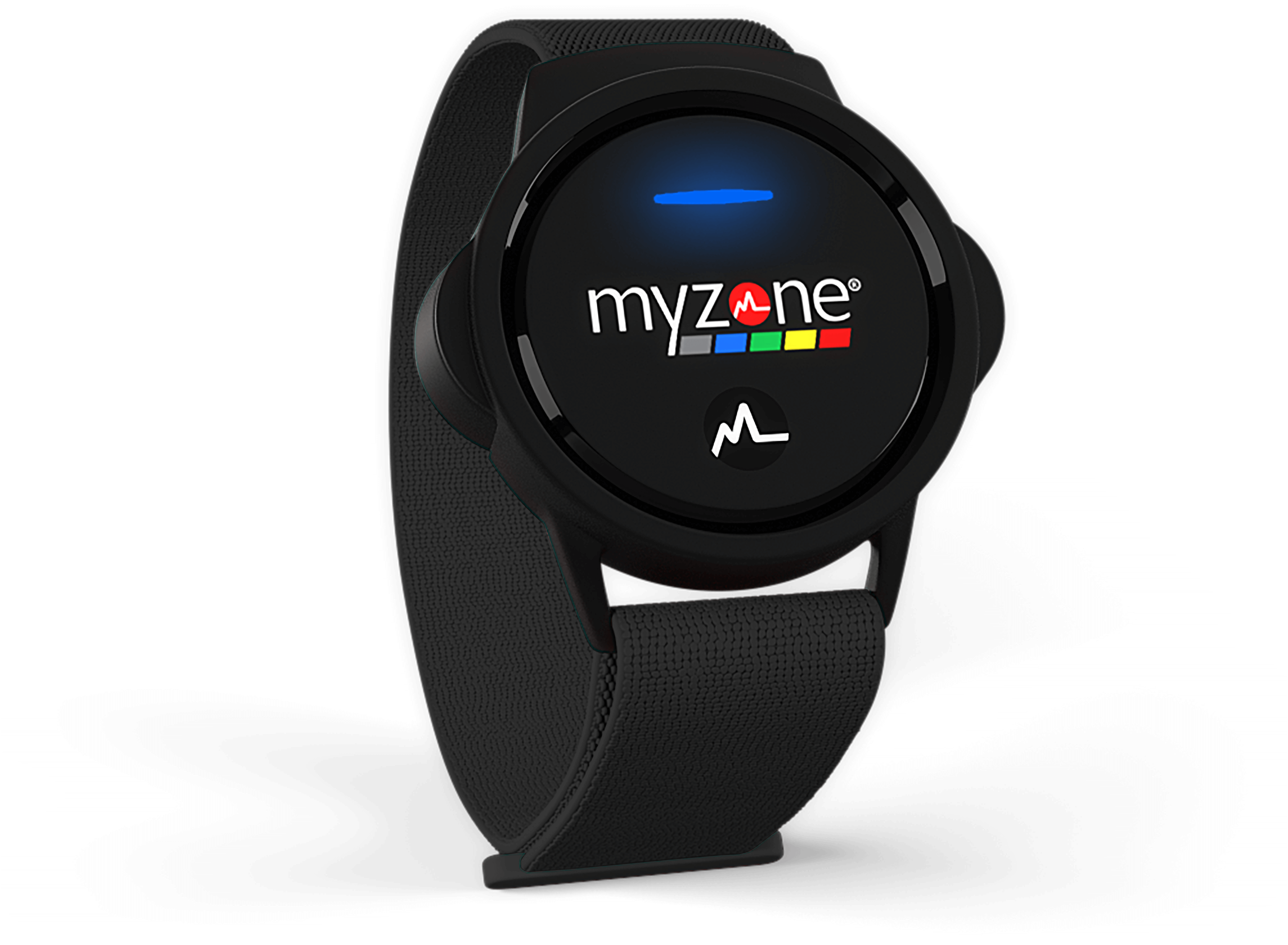Recovery is a hot topic in fitness, and we’ve explored it in many blogs and Fitness Friday broadcasts—its's the only way to maintain and increase your workout effort. But what about the ultimate form of our body’s recovery – sleep?
The National Sleep Foundation recommends 7 to 9 hours nightly for healthy adults and 7 to 8 hours nightly for older adults.
But why is sleep important? How can we make sure we’re getting enough of it? We'll examine these questions in this post (Part I) and our next post (Part II).
While society may breed a hustle, “I’ll sleep when I’m dead,” mentality, we propose that burning the midnight oil for the sake of getting ahead is not the best idea for our body and, perhaps surprisingly, for our ultimate productivity and success. We propose that sleep is one of the best things you can do for your health, well-being, and performance (physical and mental).
Let’s find out why.
Sleep and Health
Research indicates that sleep is incredibly important to our health. Here are some of the implications of sleep deprivation, or getting less sleep than is recommended. Note that this is not an exhaustive list.
Implications on Appetite:
- Decreased production of leptin, the hormone that signals satiety to the brain.
- Increased production of ghrelin, the hormone that signals hunger to the brain.
When these hormones are not produced at the appropriate levels, our body cannot accurately regulate its caloric needs. Imagine if you thought you were doing everything right – exercising, eating well – but your body was literally telling you that you were still hungry?!
Sleep deprivation also stacks the odds against us by making us more likely to crave junk food. A study out of UC Berkeley used functional magnetic resonance imaging to demonstrate greater activity in the rewards centers of a sleep-deprived brain and less activity in the area of the brain responsible for complex decision-making. This leaves us more inclined to consume foods like pizza and donuts over fruits and veggies.
Implications on Stress Hormone & Metabolism:
- Increased production of cortisol, the stress hormone. Research has demonstrated that sleep deprivation can lead to elevated cortisol levels in the early evening the day after deprivation, at a time when cortisol levels typically decrease to prepare the body to sleep again.
This can lead to...
- Decreased insulin sensitivity. This results in our body's cells not taking in and utilizing glucose for energy as they are supposed to – possibly leading to long-term implications, including increased risk of type II diabetes. Research has demonstrated that one night of sleep deprivation is enough to impact insulin sensitivity.
While cortisol is important to our body's functions in the correct amount, elevated cortisol levels can wreak havoc on our metabolism, immune system, and brain function. We enjoyed learning more about cortisol in this article from Dartmouth College.
Other Health Implications:
If that wasn't enough, sleep deprivation is also linked to high blood pressure, cardiovascular disease, heart attack, obesity, stroke, cognitive dysfunction and more.
Sleep and Performance
OK, we know sleep deprivation is bad for our health, but what about our performance in activities like sports and exercise?
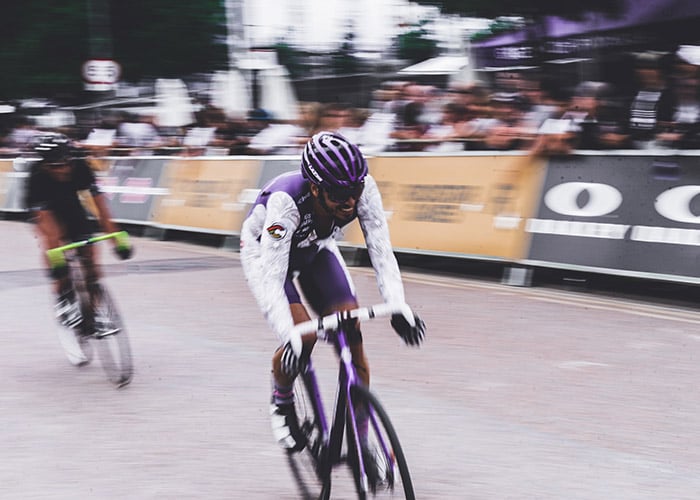
Numerous studies have demonstrated that athletes and exercisers increase workout effort and perform at their best when they get plenty of sleep. This article describes previous findings for athletes and exercisers who engaged in sleep deprivation (which they defined as no sleep for a prolonged period) and sleep restriction (falling asleep later than usual or waking up earlier than usual). While the authors ultimately state that there is not enough evidence to draw conclusions as to the importance of sleep for exercise performance, here are a few findings that stand out to us:
- Exercisers fatigue more quickly during exercise following sleep deprivation
- Exercisers have decreased muscular strength, power, and speed following sleep deprivation
- Exercisers may experience an increased heart rate during submaximal and maximal exercise after a disrupted night's sleep
- Exercisers have lower scores in reaction time, memory, decision-making, and alertness after sleep restriction
Furthermore, previous research has shown that rate of perceived exertion (RPE) is higher in prolonged exercise when we don't get enough sleep. As MYZONE users, we're very in tune with how our body feels during exercise and whether or not our RPE matches our MYZONE zone. If we aren't getting enough sleep, we can expect our workouts to feel harder, our RPE to be higher, and our body to fatigue sooner.
After examining the effects sleep deprivation can have on our health and performance, one thing is for sure: most of us will function better, increase our workout effort, and lead healthier lives when we get plenty of sleep. In Part II, we'll offer tips on getting a good night's sleep.
We love being part of your health and fitness journey! Use the hashtags #effortrewarded and #myzonemoves when you post your workout pics and videos so we can keep up with your amazing efforts!
For more tips on how to use MYZONE and increase your workout effort in a healthy way, follow us during Fitness Fridays on Facebook Live (subscribe on MYZONE’s Facebook Page) – 8 am PT, 11 am ET, and check out our MYZONE Moves Podcast on iTunes or Google Play.




